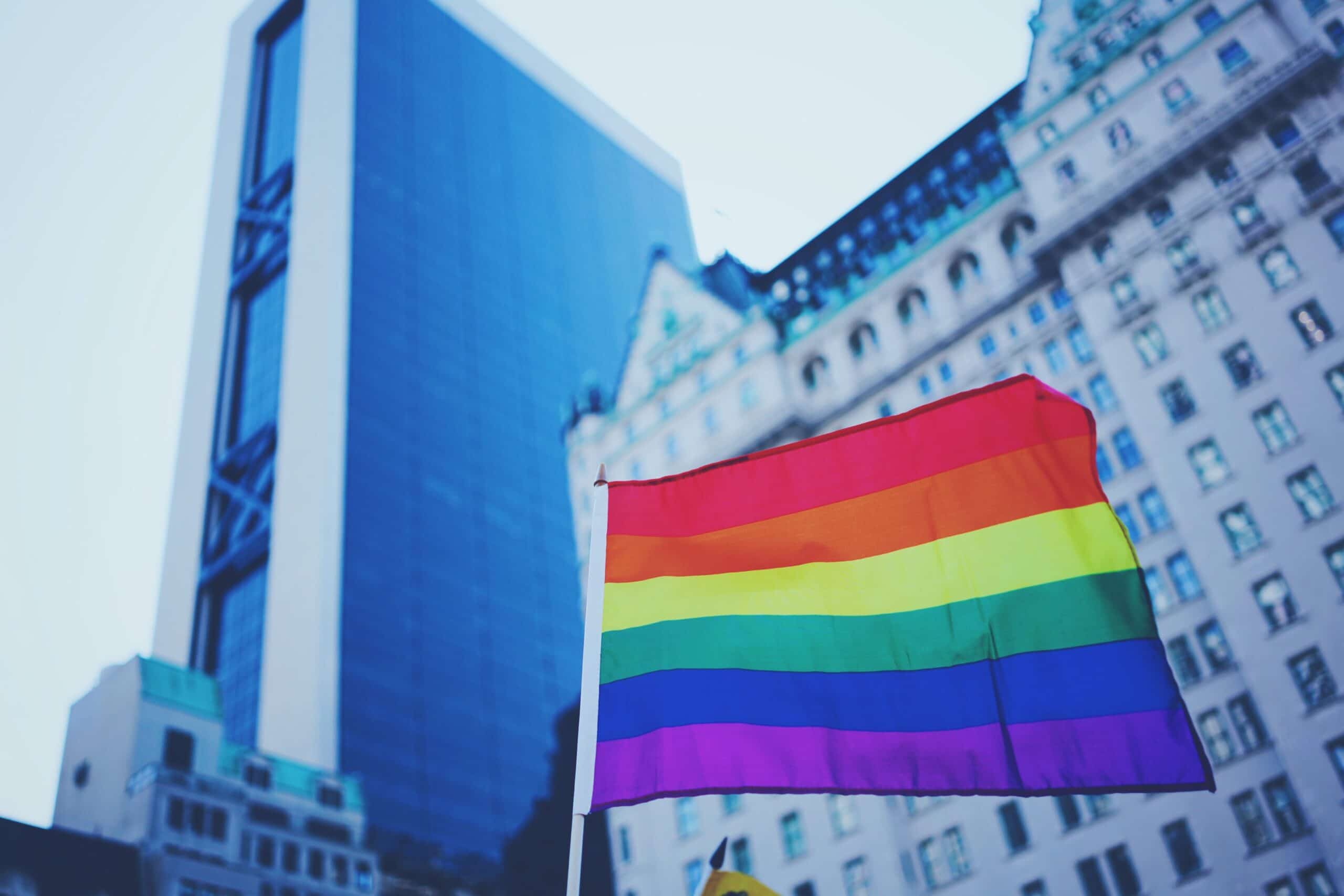Individuals who identify with the LGBTQ community (Lesbian, Gay, Bisexual, Queer, Transgender) often face scrutiny, discrimination, and social stigma in ways that others do not. To begin with, they are twice as likely to be harassed, assaulted, or excluded while in their formative years at school. As they come into adulthood, this can also occur in the workplace, in intimate relationships, and in the home, too. Lack of acceptance and understanding from the outside world often leads these individuals to feel badly about themselves and therefore more likely to reach for a substance to feel better or more accepted.
An estimated 20-30% of the LGBTQ community abuses substances, versus 9% of the general population. This staggering statistic is not altogether surprising considering the aforementioned adversity LGBTQ members face. Some of the other unique challenges they are met with include:
- Discrimination because of sexual orientation or gender identity
- Sexual assault, hate crimes, lack of medical care
- Being ostracized or exiled from family (LGBTQ youth make up 40% of homeless youth)
- Difficulty gaining and maintaining employment
- Public scrutiny, threats
In order to deal with these challenges—especially in rural areas that lack community support—LGBTQ individuals might turn to substances to self-medicate, especially if they also have a psychological or emotional disorder. They may not even have the ability to get proper medical treatment, so they may feel it is the only option.
Risk Factors for LGBTQ
When dealing with the confusion of coming into their true selves while also navigating the societal pressures of adult life is a lot to take on, and drugs and alcohol seem to offer quick relief that also might help form social relationships with others. In truth, these substances can quickly lead to addictions and additional social stigma, isolation, and more.
LGBTQ individuals also have higher levels of psychological and emotional disorders than others. This could be from feeling conflicted about themselves, self-hatred, pressure from the outside world, and more. Whatever the reasons may be, the disorders do crop up and, if gone untreated, can make substance dependency even more risky.
Some of the common disorders include:
- Major depression
- Anxiety
- High levels of stress and inability to manage it
- Suicidal tendencies
These all can lead to more difficulties “fitting in” with society, and can make the LGBTQ individual feel even more alone. They also run a high risk of health issues related to their sexuality, which can include compulsive behavior, dysfunction, and any adverse side-effects of medication they might be taking if they are transgender and transitioning. All of the above are, best case scenario, monitored by a doctor, therapist, or other medical expert, but they are not always provided equal treatment as they should be.
It’s also important to note that those in the LGBTQ community can either identify with a different sexual orientation or a gender identity, or perhaps both. Histories of unresolved trauma, which can be found in both groups, is often the root cause of an addiction.
Commonly Used Substances
As with many addictions, substance use for LGBTQ individuals normally begins as self-medication or a social rite of passage. It is usually to try to feel better about themselves and their situation, whether that be alone or with others. Some of the more commonly abused substances among LGBTQ populations are:
- Tobacco – More commonly used among the LGBTQ population than with those who identify as heterosexual
- Amphetamines – Popular drug choice (including Cocaine and Meth) that elicits feelings of happiness/euphoria
- Marijuana – Often used to alleviate anxiety or other untreated mental health disorders
- Heroin – Highly addictive and 3x more likely to cause an opioid dependency among lesbian, gay, or bisexual adults than heterosexual adults
- Alcohol – Easy to obtain, socially accepted, often used as a means to calm social anxieties
While these substances can act as a temporary bandage, the real issues at hand are pushed down and often worsen. Drug addiction can lead to chronic homelessness, unemployment, run-ins with the law, and more.
Treatment Options for LGBTQ
In recent years, great strides have been made toward LGBTQ equality in the United States. Our team at Granite Recovery Centers is proud to have trained specialists to help guide individuals within the LGBTQ community through the process of seeking professional help for substance use disorders.
If you or a loved one are considering addiction treatment, our Admissions team is available to discuss your options. Our drug and alcohol rehabilitation facilities feature an extensive selection of therapies and program options that treat individuals who have often experienced unique and traumatic experiences that stem from their LGBTQ identity. We offer specialized, tailored treatment for substance use disorders, and will also delve into the other presenting challenges, such as anxiety, PTSD, and depression, to help you achieve a better and more fulfilling life.
There are options out there for you, and we know for a fact that recovery is possible. Please give us a call today.


